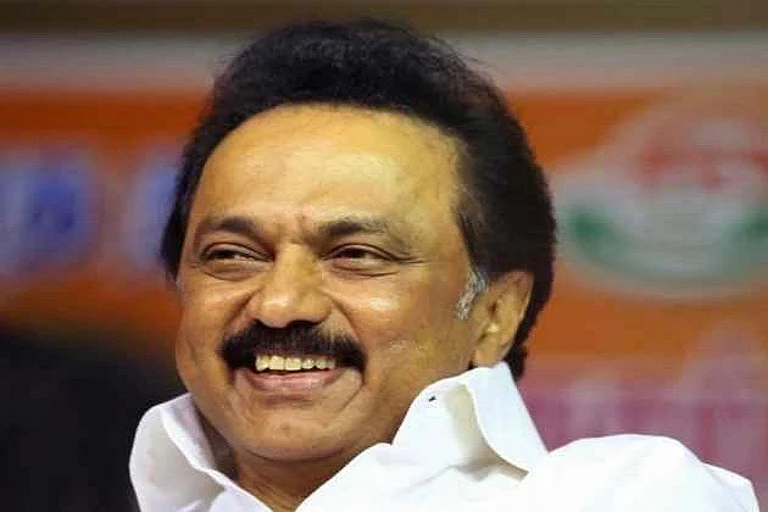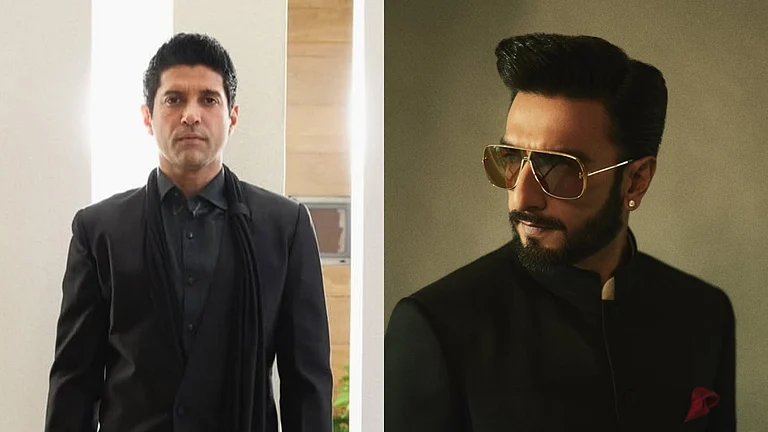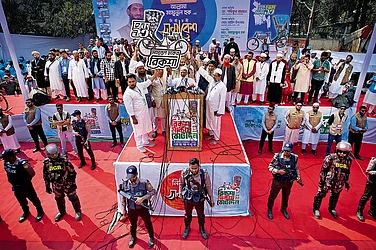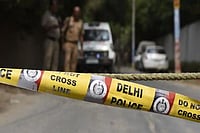Less than a year after the assassination of former Japanese Prime Minister Shinzo Abe, an explosive was hurled towards Prime Minister Fumio Kishida on Saturday at an event and he was evacuated safely.
The person suspected of having hurled the explosive device was taken into custody. Footage of the incident surfaced on social media.
Police wrestled the suspect to the ground as screaming bystanders scrambled to get away and smoke filled the air.
Although no one was hurt, and Kishida planned to continue campaigning Saturday, the chaotic scene was reminiscent of the assassination nine months ago of former Prime Minister Shinzo Abe, which also came on a campaign tour and continues to reverberate in Japanese politics.
When did the incident happen?
Kishida was visiting Saikazaki port in Wakayama prefecture to support his ruling party's candidate in a local election, and the explosion occurred just before he was to begin his speech.
A young man believed to be a suspect was arrested Saturday at the scene after he allegedly threw “the suspicious object,” Chief Cabinet Secretary Hirokazu Matsuno told reporters.
Matsuno refused to comment on the suspect's motive and background, saying police are still investigating.
What we know of the incident?
TV footage shows Kishida standing with his back to the crowd. His security detail suddenly points to the ground near him, and the prime minister whips around, looking alarmed.
The camera quickly turns to the crowd just as several people, including uniformed and plainclothes police officers, converge on a young man wearing a white surgical mask and holding what appears to be another device, a long silver tube.
As they collapse on top of the man, working to remove the tube from his hands, a much larger explosion is heard near where Kishida had been standing.
The crowd scatters in panic as police roughly drag the man away.
It wasn't immediately clear what the explosive device was or how many the suspect had, but some reports said it was a smoke or pipe bomb, possibly with a delayed fuse.
No injuries were reported in the incident, which came on the eve of a major international forum in Japan.
Kishida was not hurt and planned to continue giving campaign speeches later Saturday, Matsuno said.
“Elections are the core of democracy, and we should never tolerate threats or obstruction by violence,” Matsuno said.
He said he instructed national police to ensure their utmost effort for the protection of dignitaries who are visiting Japan in the period leading up to the Group of Seven summit in May.
Abe's assassination, which shocked a nation that prides itself on public safety and extremely tight gun controls, came as he delivered a campaign speech in the western city of Nara.
Amid a national outcry, police have tightened their protective measures following a subsequent investigation that found holes in Abe's security.
Security has been also ramped up in Japan as senior diplomats from some of the world's most powerful democracies arrive for Sunday's G-7 foreign minister meetings. Kishida will host a May 19-21 G-7 leaders' summit in his hometown of Hiroshima.
One witness Saturday told NHK television that she was standing in the crowd when she saw something come flying from behind.
After a sudden loud noise, she fled with her children.
Another witness said people were screaming and that he saw someone being apprehended right before the explosion occurred.
The incident happens amid local polls
Saturday's attack comes ahead of nationwide local elections, including several by-elections for vacated parliamentary seats, with voting scheduled for April 23.
In Abe's assassination, the former prime minister was shot with a homemade gun during a campaign speech. The suspect, Tetsuya Yamagami, has been charged with murder and several other crimes, including violating the gun control law.
He told investigators that he killed Abe, one of Japan's most influential and divisive politicians, because of the former prime minister's apparent links to a religious group that he hated.
In statements and in social media postings attributed to him, Yamagami said he developed a grudge because his mother had made massive donations to the Unification Church that bankrupted his family and ruined his life.
Abe's assassination led to the resignation of top local and national police chiefs and a tightening of security guidelines for political leaders and other prominent people.
Kishida's government was hoping to focus world attention this weekend on the hot spring resort town of Karuizawa, where senior diplomats will gather Sunday for the so-called Group of Seven foreign ministers' meeting.
The foreign ministers from Japan, the United States, the United Kingdom, France, Germany, Canada, Italy and the European Union are expected to focus on worries over Russia's war in Ukraine, China's increasingly belligerent rise and North Korea's provocative string of weapons' tests.
(With AP inputs)


























